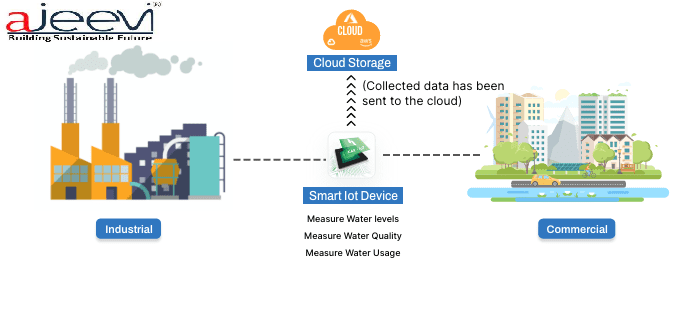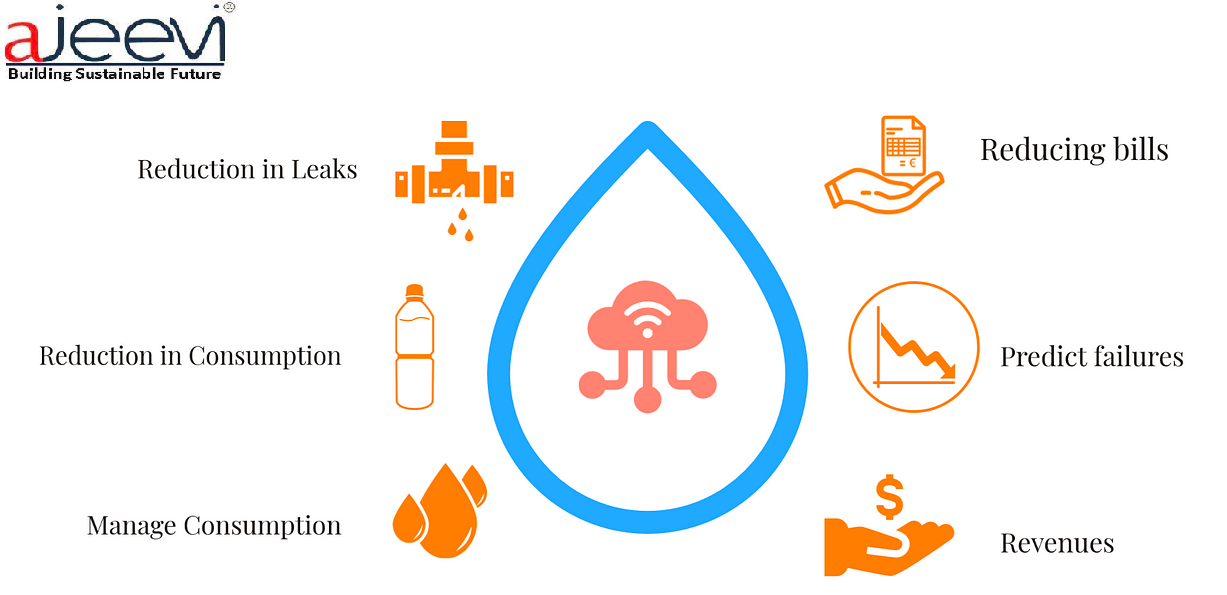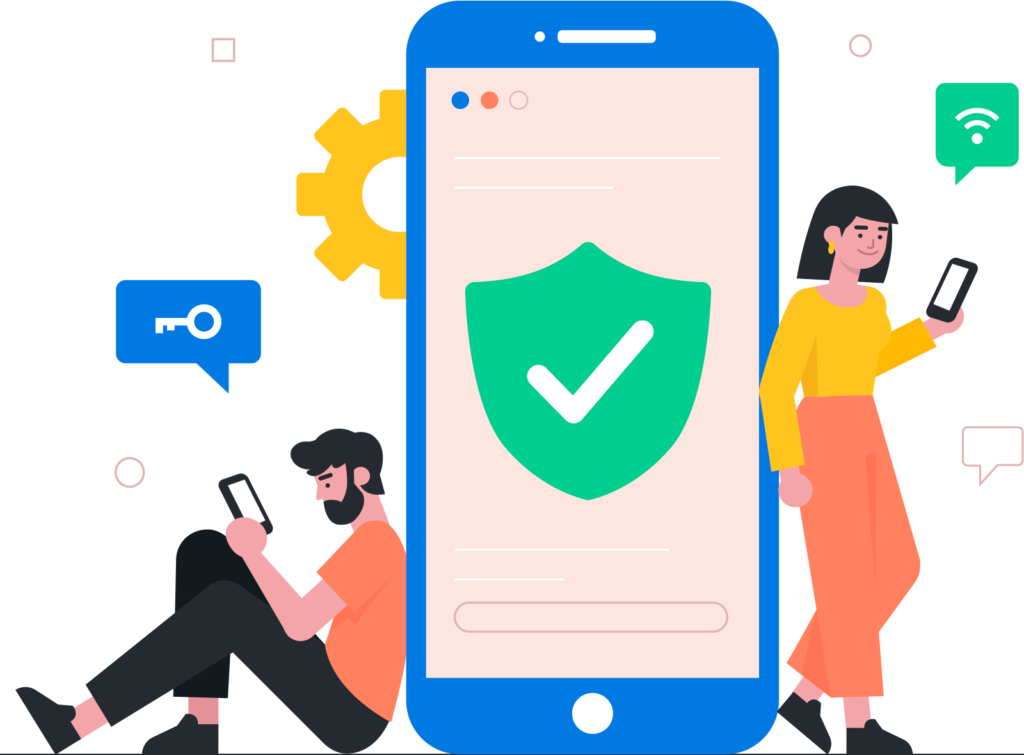Industries->Smart Water



The integration of the Internet of Things (IoT) into water management has ushered in a transformative era known as smart water. This paradigm shift leverages interconnected devices, sensors, and data analytics to revolutionize the monitoring, distribution, and conservation of water resources. Smart water systems enable real-time data collection, analysis, and decision-making, offering unprecedented insights into water usage patterns, infrastructure health, and environmental conditions. This interconnected approach not only enhances operational efficiency for water utilities but also empowers individuals and businesses to make informed choices about water consumption, contributing to sustainable water practices.
In smart water systems, IoT devices are strategically deployed across water infrastructure, including treatment plants, distribution networks, and even within individual households. These devices communicate seamlessly, providing a holistic view of the entire water ecosystem. Whether detecting leaks in pipelines, optimizing water distribution based on demand, or ensuring water quality compliance, the integration of IoT in smart water management marks a significant stride towards a more resilient, efficient, and environmentally conscious approach to water resource management.
By incorporating specific sensors for water quality, flow, pressure, and temperature, this updated workflow provides a more detailed understanding of the role of IoT in smart water management. The utilization of precise sensors enhances the system’s capability to monitor and optimize water resources effectively.


Android Handheld UHF Reader
Automatic Boom Barrier
Automatic Number Plate Reader Camera
Bin Level Sensor
Bio Metrics Machine
Bullet Camera Live
Chlorine Sensor
Data Transmission Unit
Emergency Call Box
Environment Sensor
Face Recognition
Flood Sensor
Fuel Sensor
Galvanized Iron Pole
Gi-Pole
GPS
GPS-AIS140
Handheld HF Reader
Handheld UHF Reader
PTZ Camera
Public Address Speaker
Public Address System
Hydraulic Boom Barrier
IP Bullet Camera
IRIS
Magnetic Sensor
Network Rack
Network Video Recorder
Panic Button
Parking Entry Exit UHF Reader Vehicle Mounted UHF Reader
Passenger information systems
Ph Sensor
Refrigerator Sensor
RFID Tag – HF
RFID Tag – UHF
RFID Tag Metal – UHF
Smart Kiosk
Smart Pole
Soil Sensor
Drainage Sensor
Temperature Sensor
Turbidity Sensor
Ultrasonic Flow Meter Variable Sign Board Weigh Bridge Entry Exit Reader
Ajeevi Offer “Enterprise IoT Solutions” with in-house R&D, Capability of manufacturing IOT devices.
505, Tower A-1, Corporate Park
Noida 201301, Uttar Pradesh India
presales@ajeevi.com
+91-9654323500